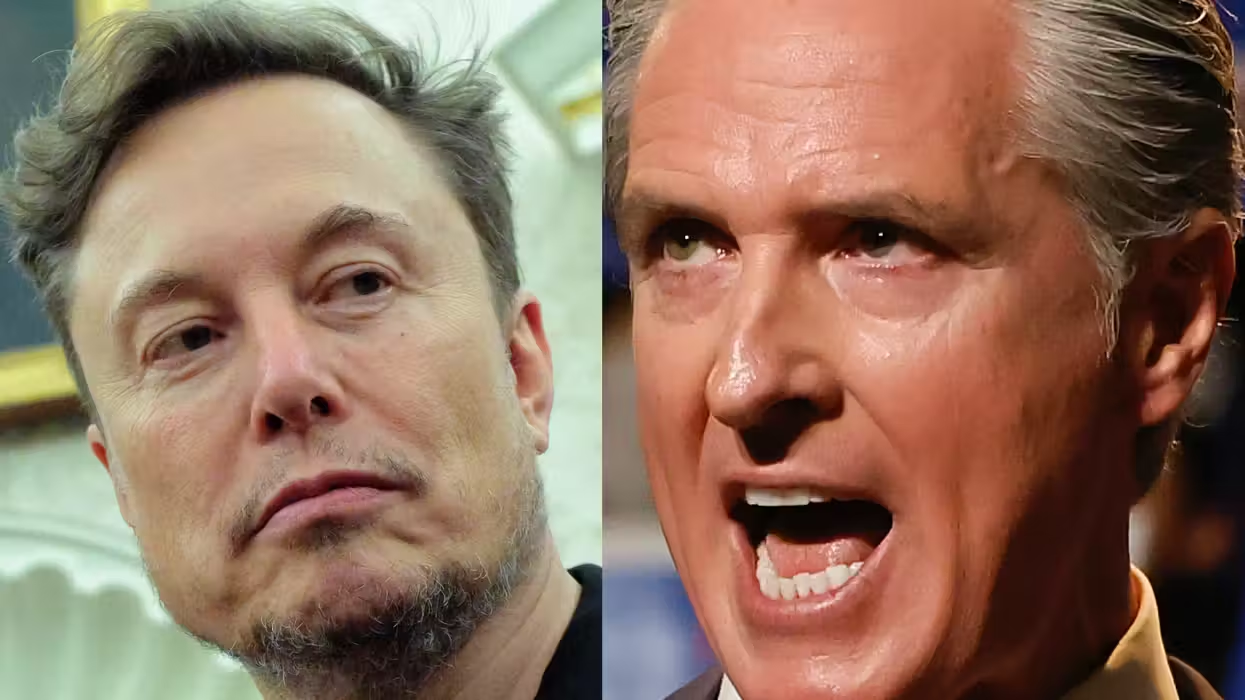© 2025 Blaze Media LLC. All rights reserved.
Buffalo, NY Teachers Still Getting State-Funded Cosmetic Surgery -- Why?
January 18, 2012
"The urgency of negotiating a new contract isn't really there."

Sixteen-year-old boys may like it, but good luck finding someone else who can logically defend why Buffalo teachers are getting botox, hair removal, liposuction and other cosmetic surgery paid for by the public school system.
The perk has been in the Buffalo teachers' contract for at least 30 years, making national news when it was revealed that the rider cost the district $9 million 2009. When the audacious benefits went public in October 2010 the president of the Buffalo Teachers Federation said that the union agreed to give up the benefit in the next contract.
"We've already told them we're going to give [it] up in these negotiations," Philip Rumore, president of the teacher union, told The Buffalo News. "We've told everybody it's going to be gone in the next contract."
That was over a year ago, and nothing has changed, with the benefit's estimate current annual cost at $5.2 million.
The Atlantic's Jordan Weissman explains that while the benefit was a public eyesore that most on both sides agreed had to go, it has survived thanks to New York's broken collective bargaining system for government employees:
"When news of the doctors' bills broke, there was, predictably, a public outcry. Buffalo Teachers Federation President Philip Rumore, who did not return calls for comment, said then that his union would be happy to drop the rider during the next round of contract negotiations. But therein lay the problem.Buffalo's teachers haven't had a new contract since the last one expired in 2004. That's because they haven't needed one, thanks to a 1982 state law known as the Triborough Amendment. Under the law, when a public employee's contract expires, they are allowed to continue working under its terms until their union reaches a new agreement with the state. They get to keep all their benefits, along with any yearly salary increase built into the old deal. In the case of the Buffalo schools, teachers have been getting yearly 2.5% 'step increases' since 2007, when the state-imposed control board that oversees Buffalo's municipal finances unfroze salaries.
As a result, there isn't much incentive for the union to sit down and hash out a new contract. Not in these days of government austerity, and not when they might be asked to make additional concessions on fundamental issues such as teacher evaluations.
'The urgency of negotiating a new contract isn't really there,' said Amber Dixon, interim-superintendant for Buffalo's schools. 'You get to keep your benefits. You get to keep your cosmetic rider. You get to keep your 2.5% step increase. It makes getting back to the table difficult.'"
The problem in Buffalo serves as an example of complications that can come from the kind of collective bargaining rights that Wisconsin Governor Scott Walker looked to reform, which government employees protested leading to a million cheese-heads to now call for Walker's head.
The interim-superintendant for Buffalo schools told Weissman that at one point the school board offered to avoid 100 layoffs if the union suspended the cosmetic surgery rider for a year. The offer was a means to at least save jobs while both sides appeared willing to stand their ground and continue to put off a comprehensive new contract agreement.
Want to leave a tip?
We answer to you. Help keep our content free of advertisers and big tech censorship by leaving a tip today.
Want to join the conversation?
Already a subscriber?
more stories
Sign up for the Blaze newsletter
By signing up, you agree to our Privacy Policy and Terms of Use, and agree to receive content that may sometimes include advertisements. You may opt out at any time.
Related Content
© 2025 Blaze Media LLC. All rights reserved.
Get the stories that matter most delivered directly to your inbox.
By signing up, you agree to our Privacy Policy and Terms of Use, and agree to receive content that may sometimes include advertisements. You may opt out at any time.






